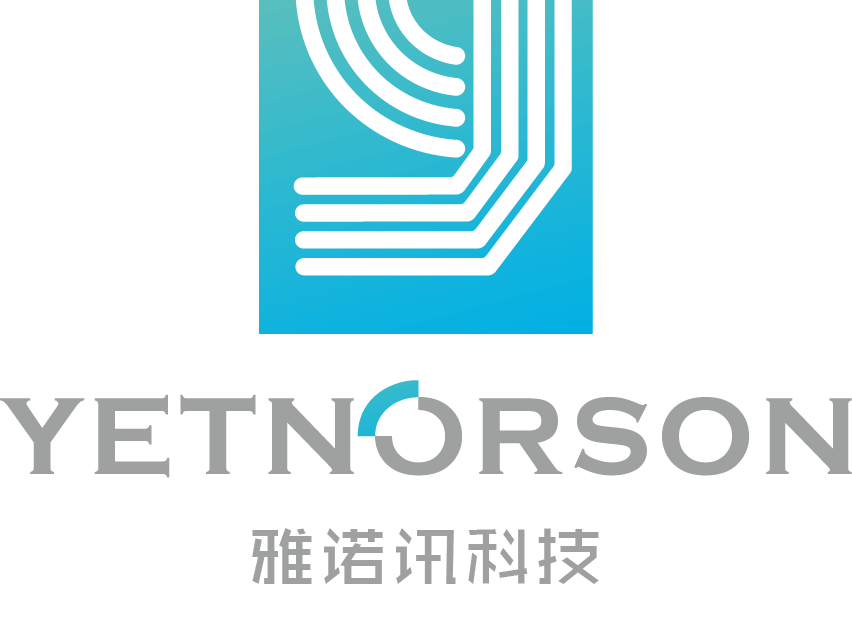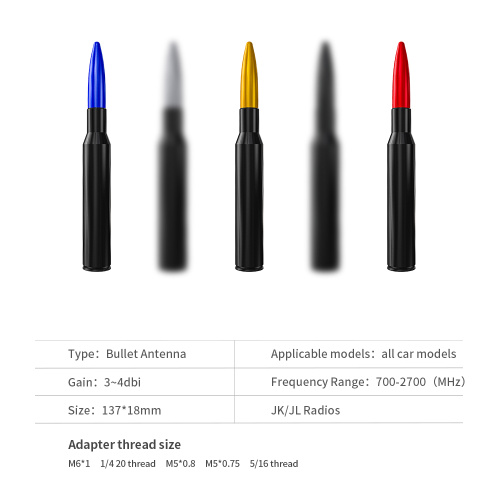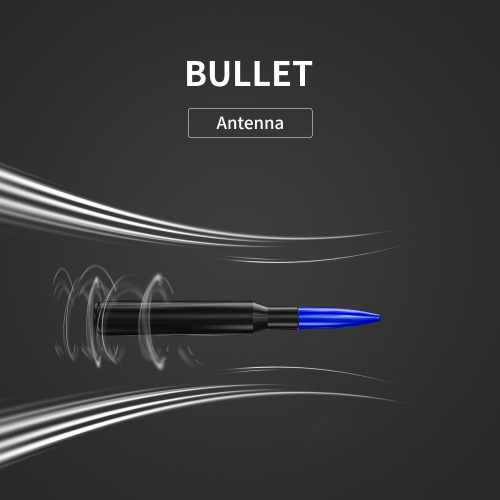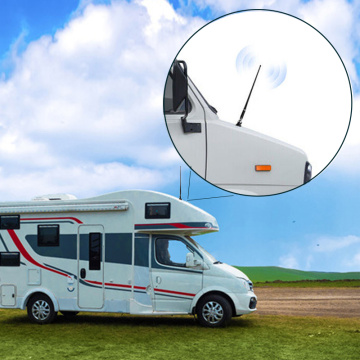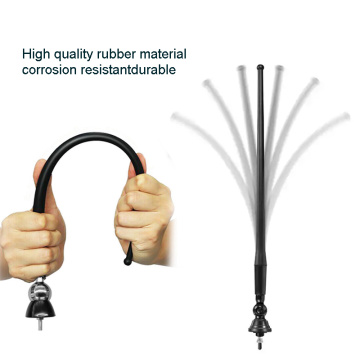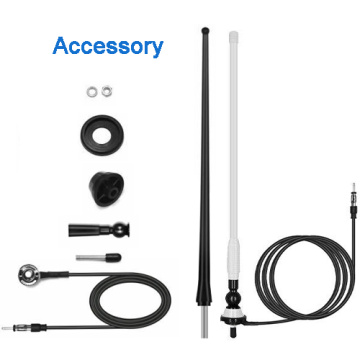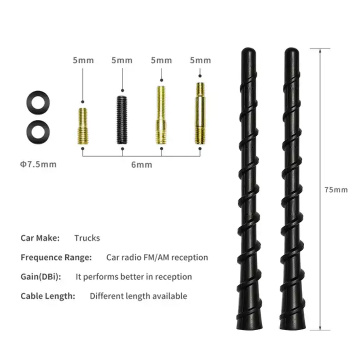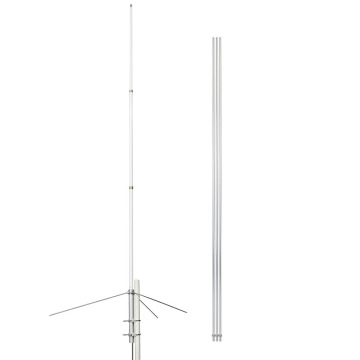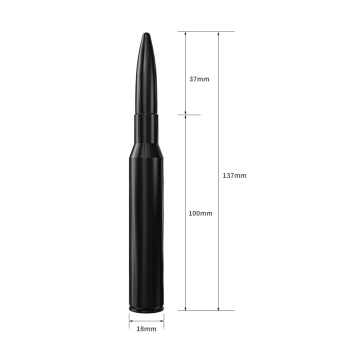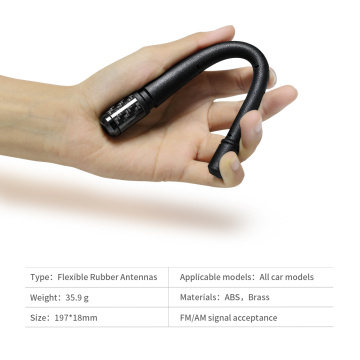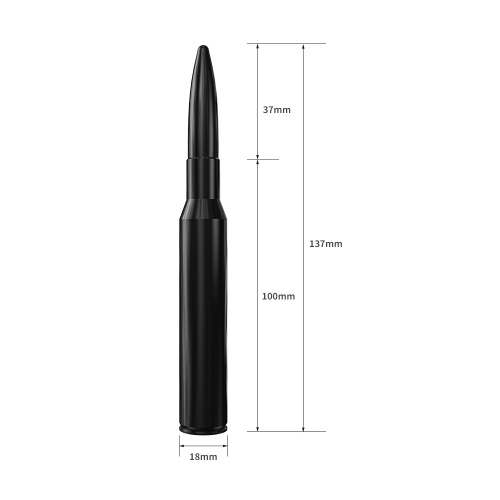
Stereo Transmitter 75 Ohm Dipol Fm Radio Antenna
- Transportation:
- Ocean, Land, Air, Express, Others
- Port:
- Shenzhen, GuangZhou, HongKong
Quantity:
Your message must be between 20 to 2000 characters
Contact NowBasic Info
Basic Info
| Place of Origin: | China |
|---|---|
| Productivity: | 100000pcs/per month |
| Supply Ability: | 100000pcs/Per month |
| Payment Type: | L/C,T/T,Paypal,Others |
| Incoterm: | FOB,EXW,Express Delivery |
| Certificate: | CE FCC ROHS |
| HS Code: | 8517707090 |
| Transportation: | Ocean,Land,Air,Express,Others |
| Port: | Shenzhen,GuangZhou,HongKong |
Product Description
Product Description
When you get into a car with no exposed antenna, but you can still listen to FM/AM clearly, it is the technical transition from "rod-exposed" to "invisible integration" of the car antenna. Today's car radio antenna has already got rid of the traditional metal pole modeling, and turned into a miniaturized module embedded in the instrument panel or the roof interlayer—for example, BMW iX's "glass antenna" technology that integrates the antenna in the windshield interlayer, or Mercedes-Benz S-class 5mm ultra-thin PCB antenna matrix embedded in the roof lining, which enhances the signal reflection through the metal frame of the car body, and only a palm-sized module can cover the full-band radio demand, so that the interior design can completely get rid of the visual interference of the "antenna pole".
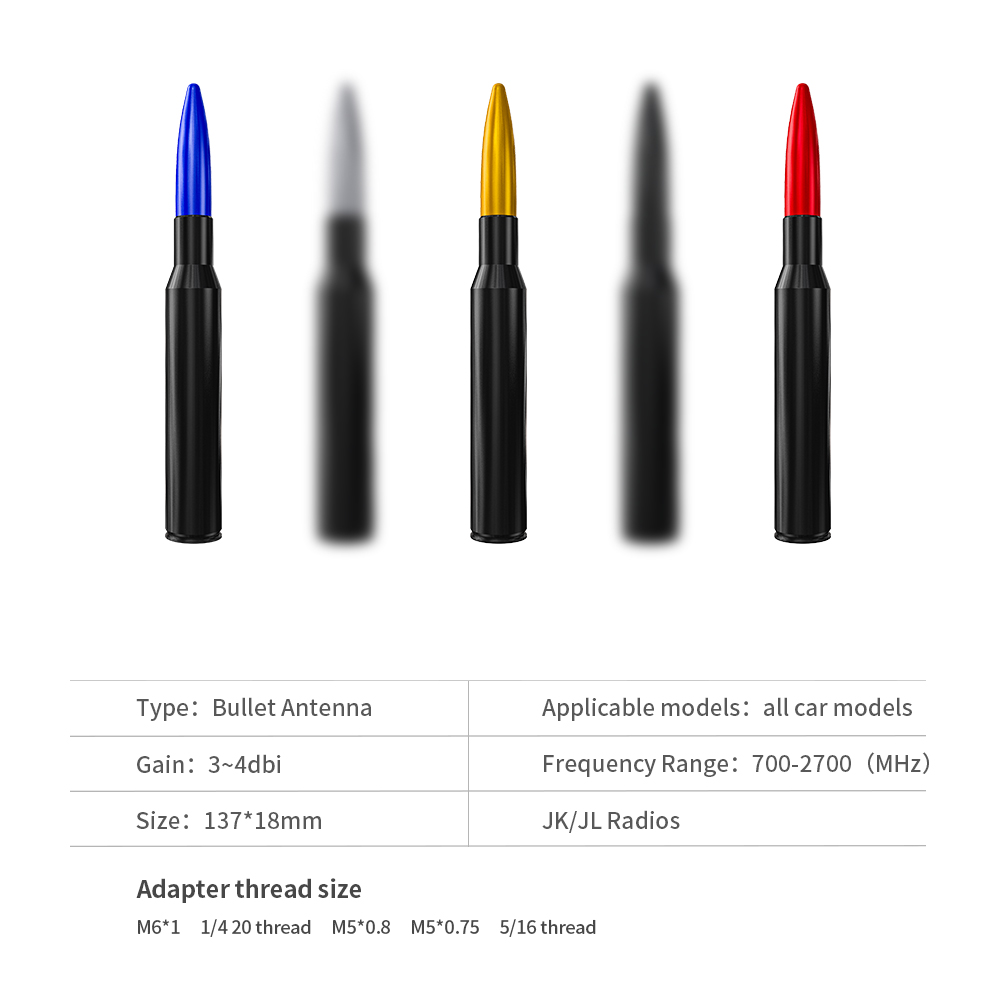
This hidden antenna design is infiltrating into the global automobile market with Europe as the center: in 2024, 75% of the newly listed models in Europe have adopted the dual antenna integration scheme of instrument panel and ceiling, such as Porsche Panamera achieving both signal and light weight through the built-in antenna on the carbon fiber roof; The Asian market is also catching up quickly. Toyota Crown 2022 is equipped with dashboard antenna for the first time, and BYD Han EV's "Shark Fin" antenna integrates six functions such as radio, GPS and 5G communication. More importantly, this kind of antenna is no longer limited to a single radio function, but is deeply integrated with the car phone and navigation system-Volkswagen ID series antenna modules can even handle FM/AM, car networking calls, real-time road conditions and other multi-band signals at the same time, making "one antenna meets all needs" a reality.
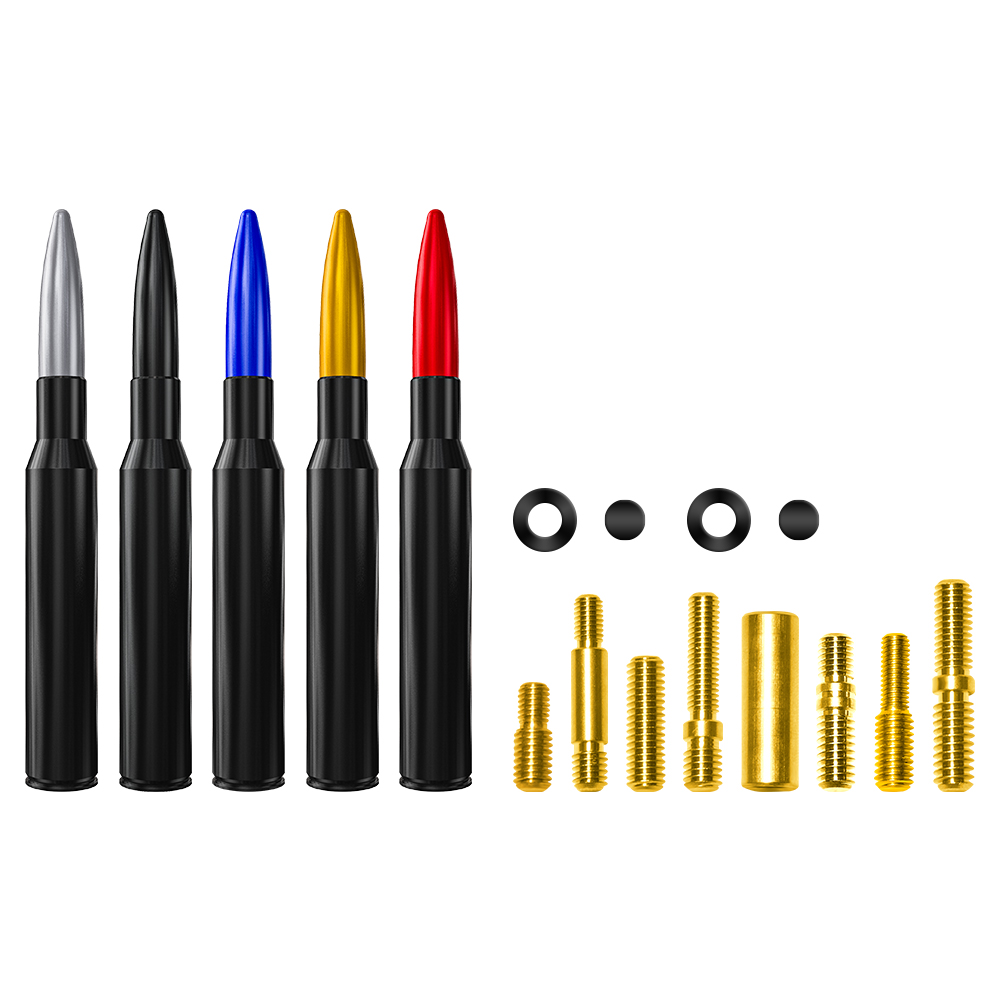
With the rapid increase in the number of smart devices in vehicles, the integration trend of FM/AM radio antennas will be further accelerated in the future. Industry forecast shows that in 2025, the number of antenna modules of a single car will increase from the current 2-3 to 5-7, and the application of new materials such as graphene conductive ink and flexible printed antenna (FPC) will reduce the antenna weight by 40%, while supporting curved surface installation (such as curved dashboard); AI intelligent tuning technology can optimize signals in real time through machine learning, and automatically enhance reception stability in scenes such as tunnels and mountains. By then, the car antenna will no longer be just a "signal receiver", but will evolve into a "car communication hub" integrating radio, navigation and road coordination, and continuously upgrade the driving experience in an invisible manner.
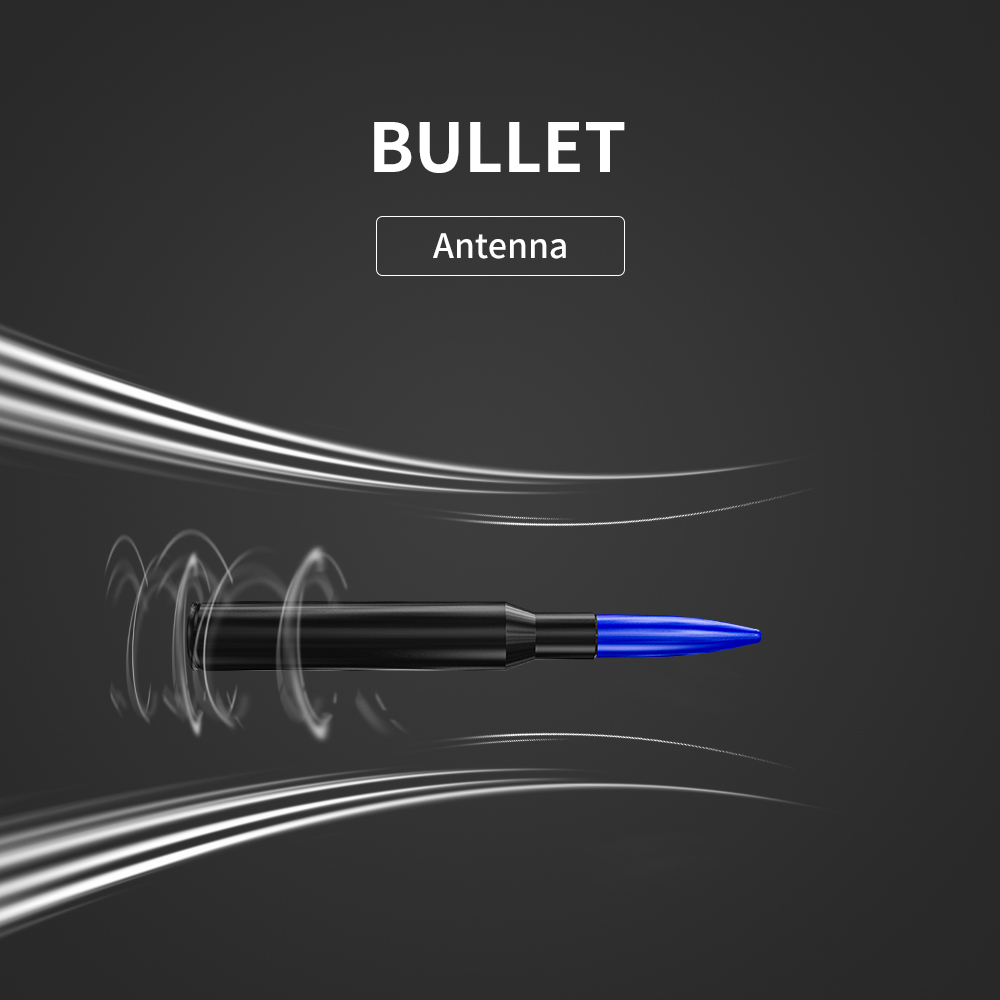
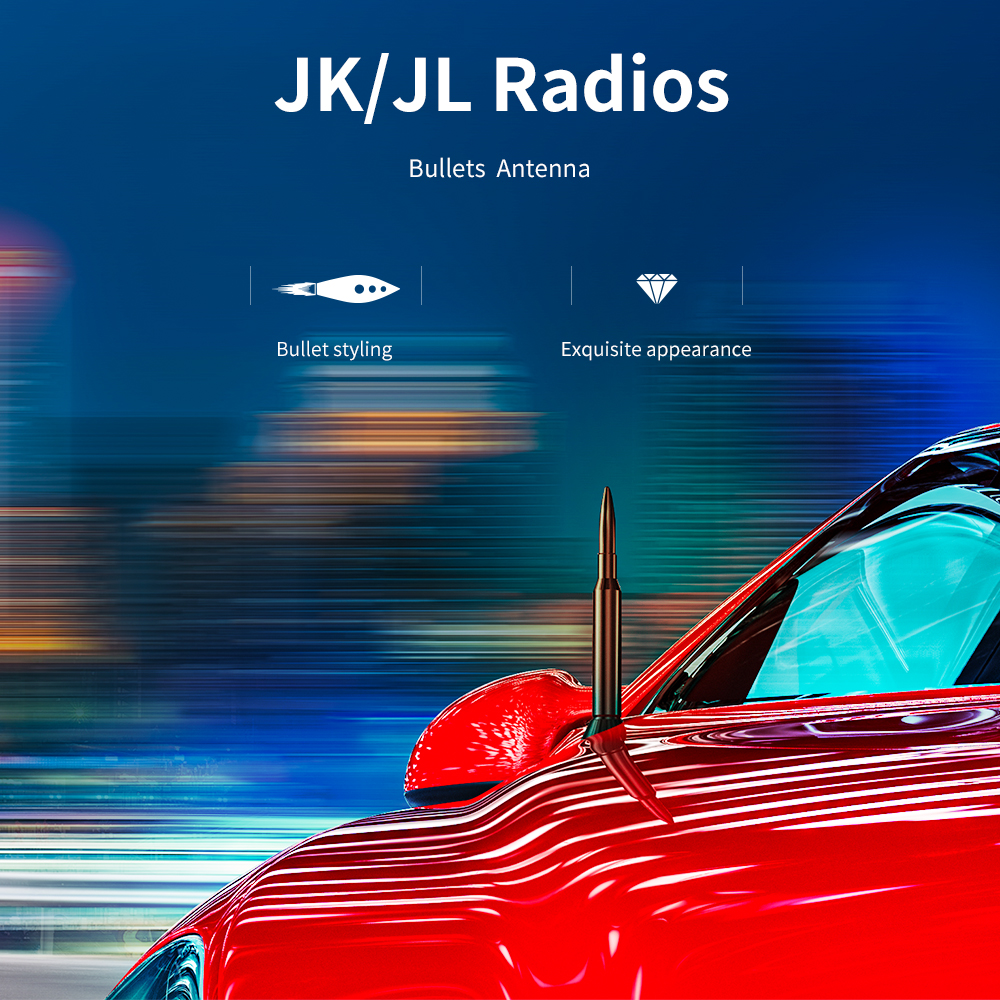
1. What is the market popularity of hidden antennas?
Leading in Europe: In 2024, 75% of new models in Europe will adopt hidden antennas, and all high-end models of BMW and Audi will come standard with integrated antenna modules;
Follow-up in Asia: Toyota's 2022 Crown is equipped with dashboard antenna for the first time, and China brands such as BYD Han EV's "Shark Fin" antenna integrate six functions. In 2024, the penetration rate of domestic vehicles with more than 150,000 vehicles reached 62%;
Trend forecast: With the increasing demand of vehicle networking, the number of antenna modules in a single vehicle will increase from 2-3 to 5-7 in 2025, supporting multi-band integration.
2. How will the car antenna develop in the future?
Multi-band integration: In 2025, the antenna will integrate FM/AM, 5G, C-V2X and other frequency bands. For example, Qualcomm AeroAntenna technology supports 12 frequency bands to work at the same time;
Application of new materials: the weight of graphene conductive ink antenna is reduced by 50%, and it can be printed on curved glass (such as BMW i7 panoramic sunroof antenna);
AI intelligent tuning: Optimize signal parameters in real time through machine learning, and automatically switch frequency bands in underground garages and other scenes to improve reception efficiency.
3. Where are the hidden antennas mainly installed in the car? How to work?
Embedded instrument panel: spiral PCB antenna is implanted in the center console, and the metal instrument panel frame is used as the reflecting surface. The typical case is the instrument panel antenna module of Toyota Crown, with a thickness of only 8 mm;
Ceiling integration: the antenna, GPS and Wi-Fi modules are integrated into an ultra-thin board and embedded in the roof lining, such as the roof antenna matrix of Tesla Model 3, which can simultaneously process FM/AM and car networking signals;
Working principle: The resonant circuit is formed by the metal parts of the car body (such as the roof and the door), and the signal receiving area is enlarged, which is equivalent to the "invisible antenna array".
Related Keywords
Related Keywords

